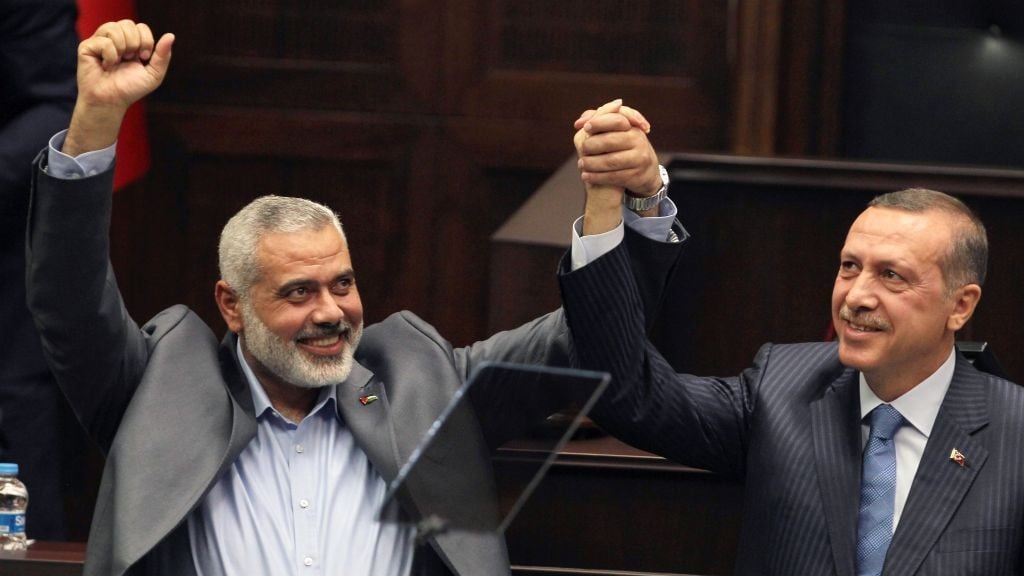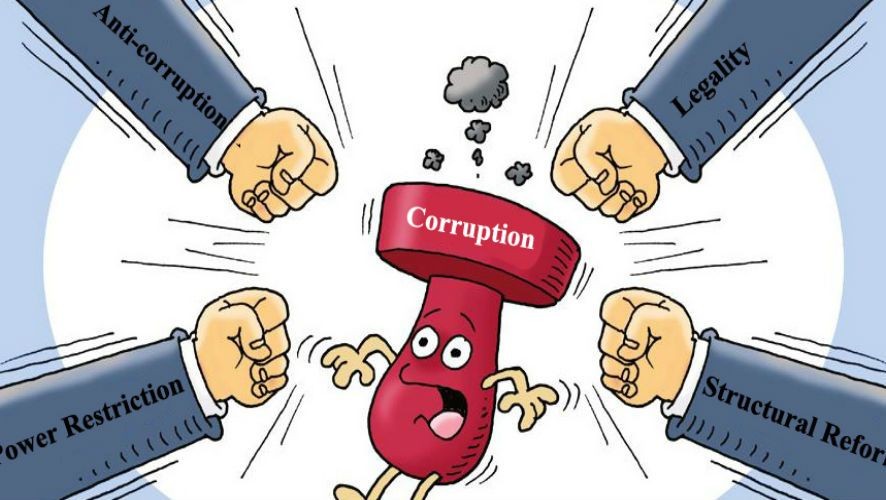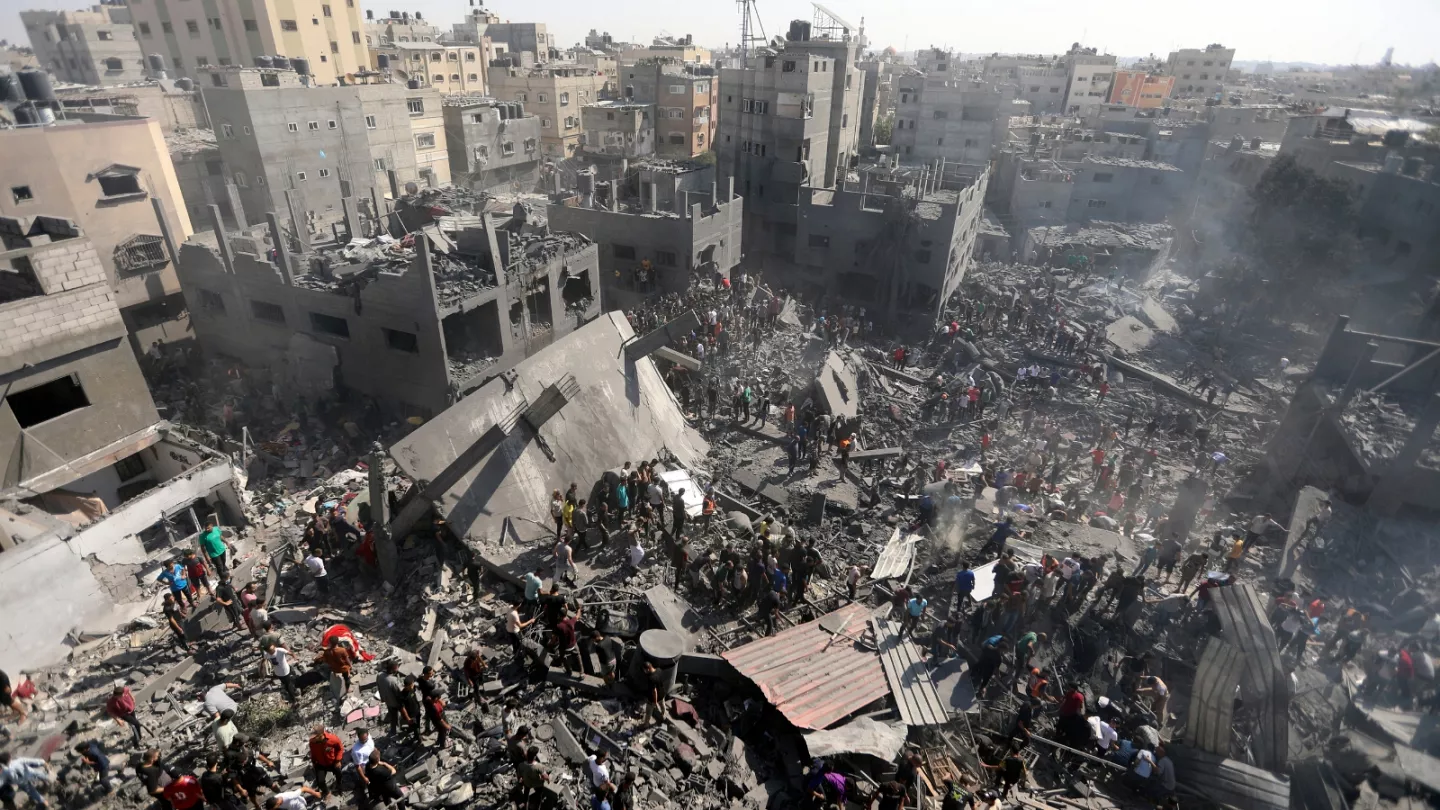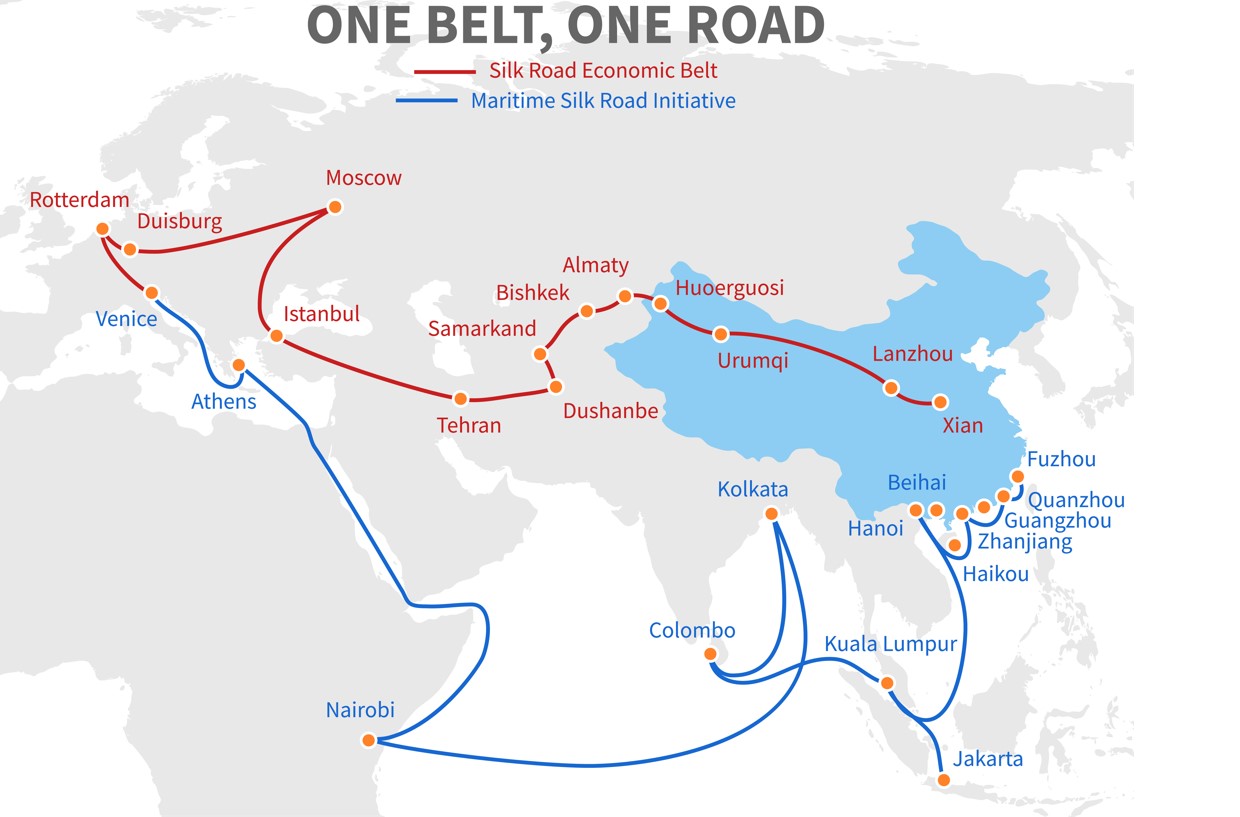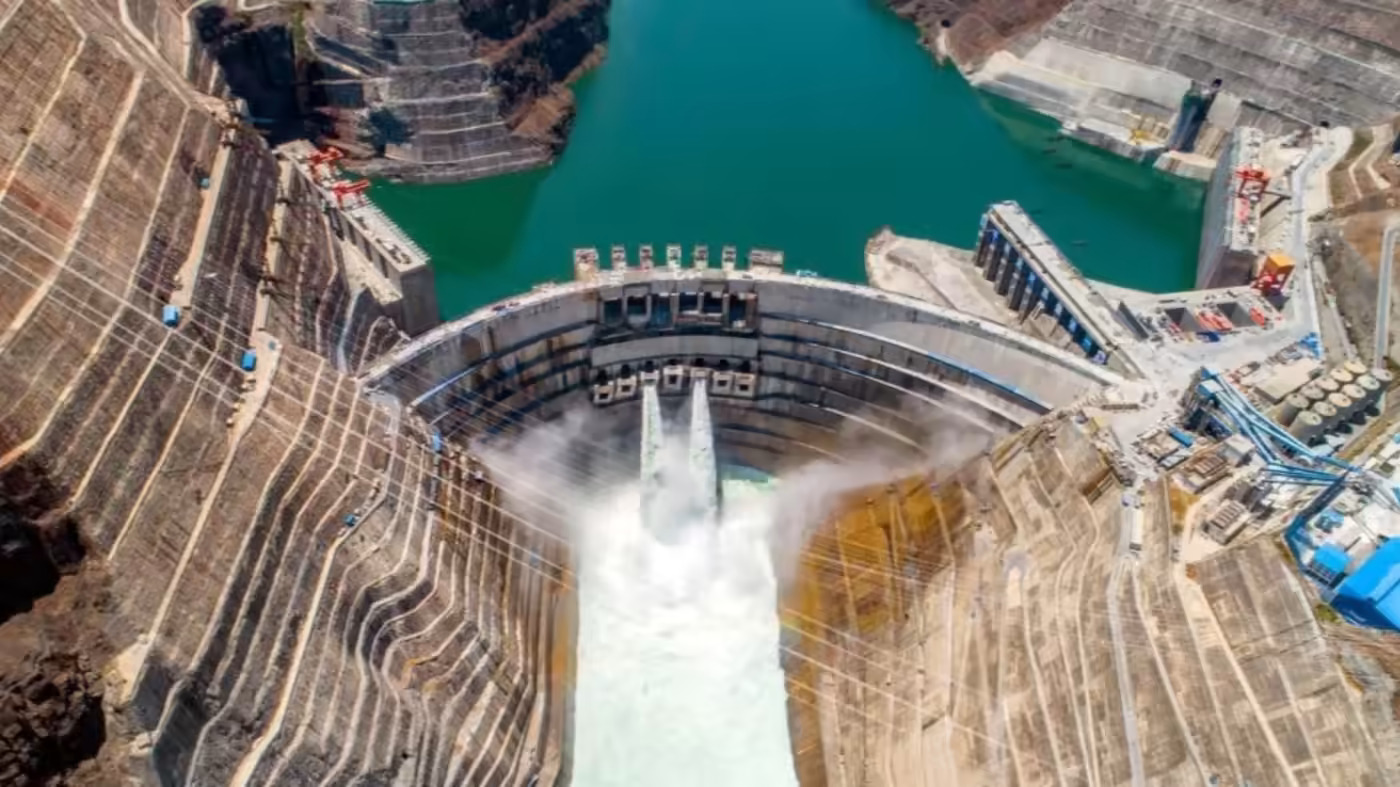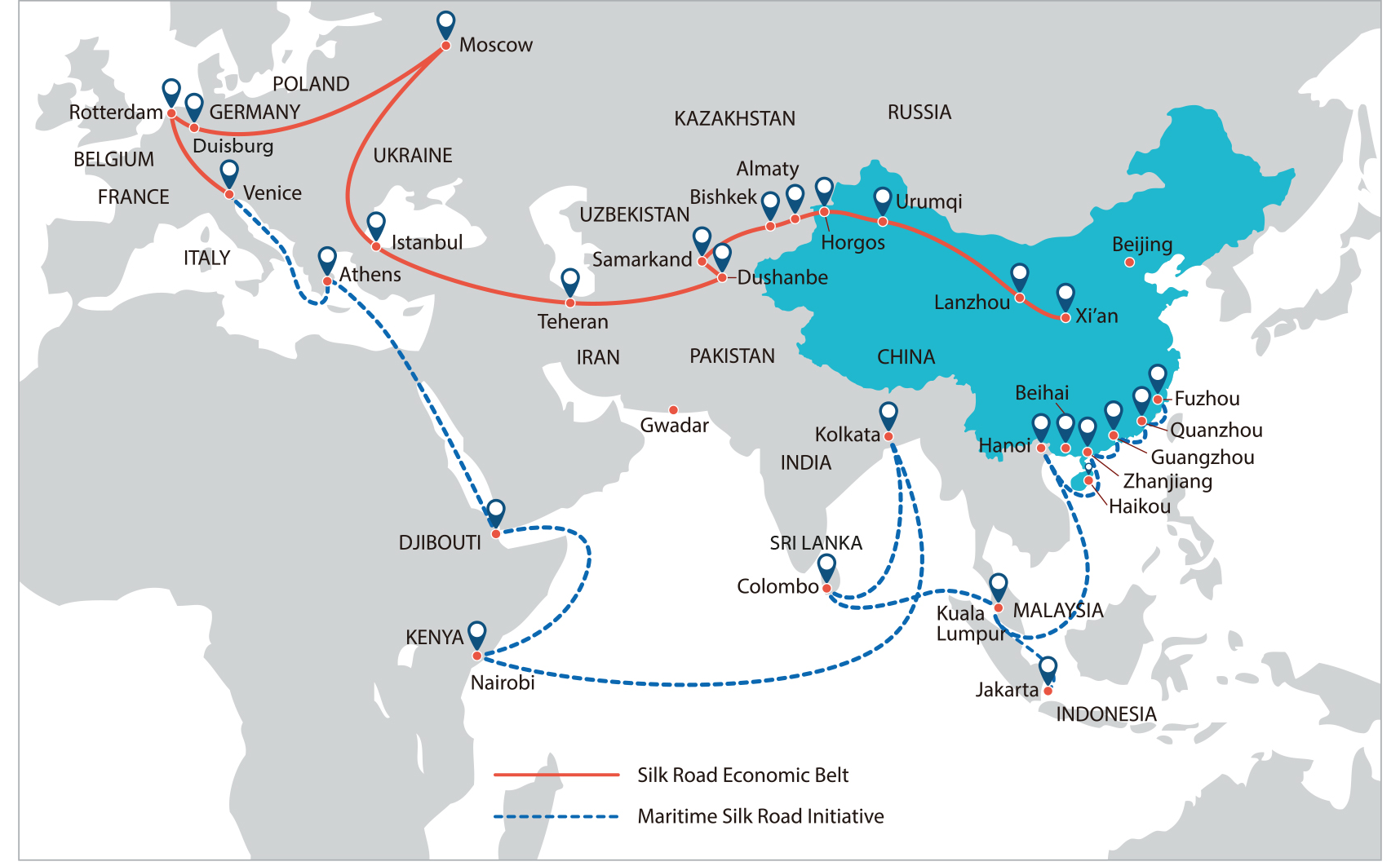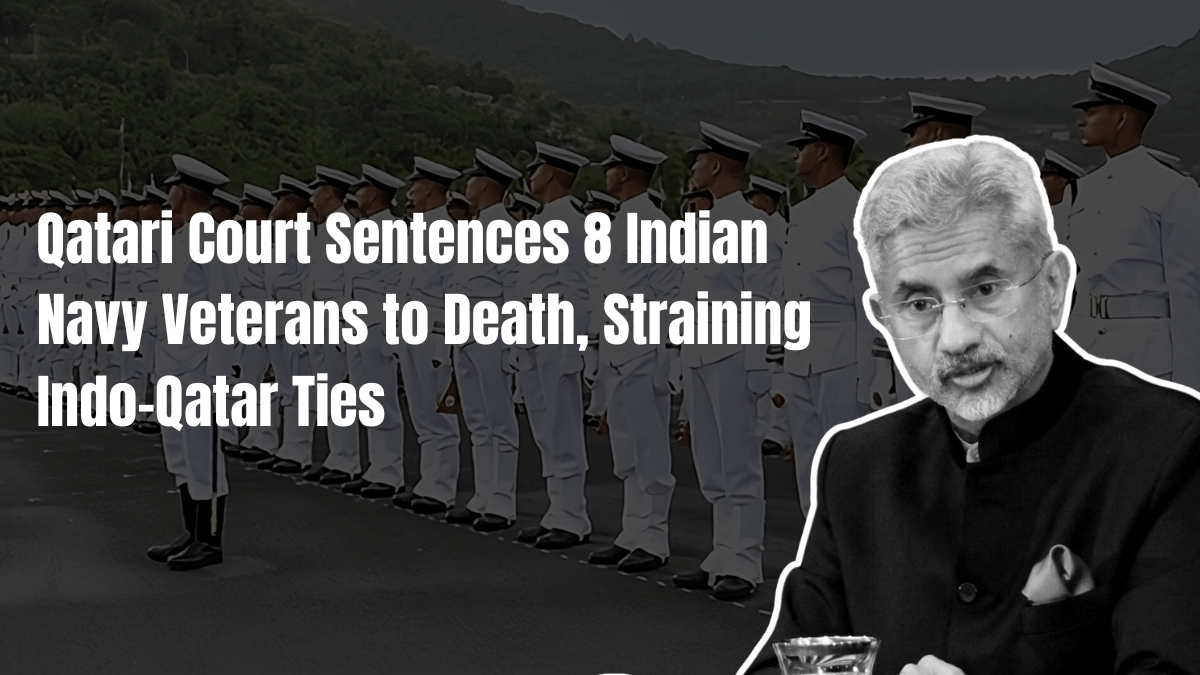Turkey is one of the conduits for communicating with senior Hamas leadership in order to resolve the ongoing Israel-Hamas conflict. The “Turkish channel” stems from Ankara’s support of Hamas as a close ally—or, as some observers interpret it, a strategic asset—to increase Turkish President Recep Tayyip Erdogan’s regional clout in West Asia.
The Muslim Brotherhood, an ideology Islamist group with Egyptian roots that has influenced several Muslim political leaders, scholars, and organisations globally, is the same as the cradle of both Erdogan and Hamas.
With roots in the Turkish city of Rize, Erdogan’s first attempt at fame was football. However, he was also learning from or establishing contacts in religious circles through various people and institutions connected to or influenced by the Brotherhood.
Erdogan joined the Welfare Party, an Islamist organisation, after participating in active student politics for Turkish nationalism (Kemalism). He flew to Pakistan and Afghanistan in the 1980s as a result of his affiliation with this group, where he met mujahideen and prominent Pakistani Islamists. A postcard from Erdogan’s Islamist past shows him sitting at Gulbuddin Hekmatyar’s feet with now-incarcerated Tunisian Islamist Rached Ghannouchi of the Ennahda party.
Afterward, he was recorded shouting at a rally in 2002, “The mosques are our barracks, the domes are our helmets, the minarets are our bayonets, and the believers are soldiers.” Every time Erdogan-critical commentaries surface, the memories are brought back.
Erdogan’s emergence in the 1980s coincided with the circumstances and leadership that gave rise to Hamas. Sheikh Ahmed Ismail Hassan Yassin, a conservative cleric and politician from the Gaza Strip who is quadriplegic and confined to a wheelchair, formed Hamas. There are a number of hypotheses concerning the origins of Hamas, the most prominent of which is that it was created by covert Israeli agents as a countermeasure to the late Yasser Arafat-led Fatah, which was at the time the most important Palestinian military group against Israel. Hamas, on the other hand, disputes this and has urged academics to thoroughly explore the backgrounds of all of its founding figures.
According to one report, Yassin also created Mujama al-Islamiya in 1973; Hamas is merely a modernised version of that organisation. In 1987, right before the First Intifada began, he created Hamas. It was regarded as the Brotherhood’s “paramilitary wing” at the time.
Recent ties between Turkey and Hamas go back to the Palestinian elections of 2006, when the latter won and ousted Fatah as the ruling party in Palestine. Turkey, the only member of NATO to do so, supported and recognised Hamas despite a brutal battle between the organisation and Fatah for power.
Several Hamas leaders were said to have been in communication with the Turkish leaders often at the time, and this interaction ultimately became customary for them. Turkish influence is evident even in Qatar, where Hamas officially established an office and made the nation a base for its political operations. Even salons and automobile window panes display images of Erdogan.
However, the relationship gained notoriety in 2010 when a Turkish flotilla headed for Gaza, the MV Mavi Marmara, attempted to breach the Israeli Navy’s blockade, and a total of 10 Turks perished. According to an Israeli claim, boats were transporting “ammunition” for Hamas. Erdogan persistently pursued the issue, and even years later, diplomatic connections were not repaired until the relatives of the victims received their recompense.
The time before and after the Arab Spring, according to Parvez Bilgrami, a specialist on Turkish and West Asian affairs who contributes to several Turkish periodicals, was the most favourable for Turkey to establish relationships with diverse players and increase its regional prominence. “Ankara did not just support Hamas during this time. Its influence was felt in Somalia, Libya, Syria, Azerbaijan, Lebanon, and Iran. Since it facilitates diplomacy, ideology (Islamism) must have played a role in this effort, he told India Narrative.
The Ankara Institute’s research director, Taha Ozhan, affirms that Turkey has fostered Hamas as a resource in recent years. “For the past 17 years, Turkey has maintained a steady line of communication with Hamas. Turkey was the only nation to have invited the leadership of Hamas in some previous years, he claimed.
Khaled Mashal, Ismail Haniyeh, and Saleh al-Arouri, who are at the top of Hamas, are rumoured to have Turkish passports. According to reports, they have travelled to Iran and Syria using these passports.
In a 2018 tweet, Erdogan stated, “Hamas is not a terrorist organisation, and Palestinians are not terrorists,” in reference to Israeli Prime Minister Benjamin Netanyahu. It is an anti-occupying force resistance movement that protects the Palestinian homeland.
It’s interesting to note that throughout the years, Ankara has continued to cooperate militarily and in trade with Israel. The majority of its tanks have been updated by Israeli businesses, and the same can be said of its air force, whose power in the region is only surpassed by that of Israel.
Istanbul was one of the major cities where there were significant anti-Israeli protests as Israeli forces bombarded Gaza following the strikes on October 7. Erdogan has spat out a torrent of criticism.
However, while the battle rages on and there is little progress being made by the international community to stop the massacres in Gaza and the West Bank, Ankara is trying to negotiate a cease-fire by using its “access” to the Hamas leadership. Erdogan will be able to keep Hamas alive for another day.
